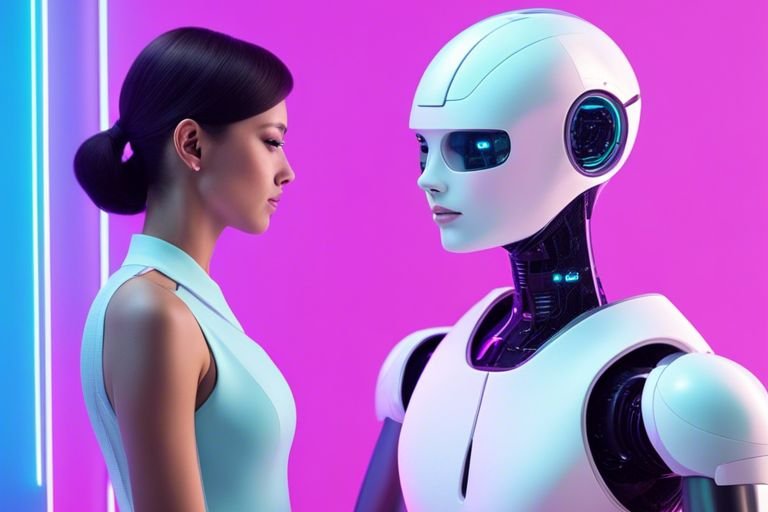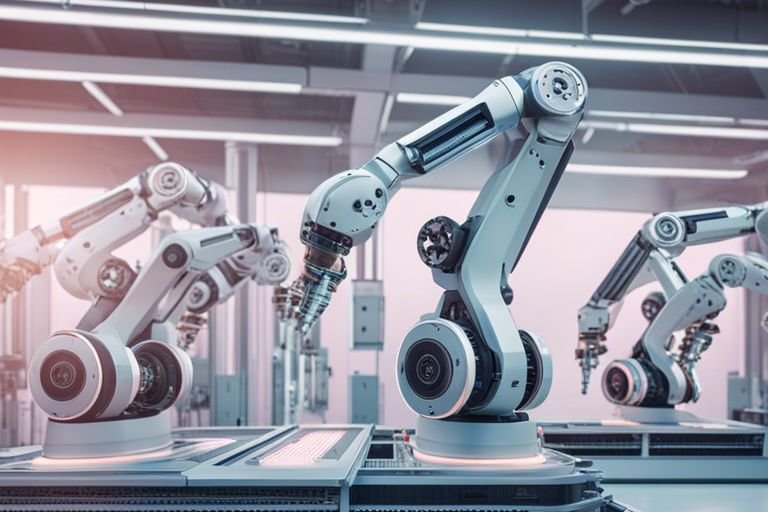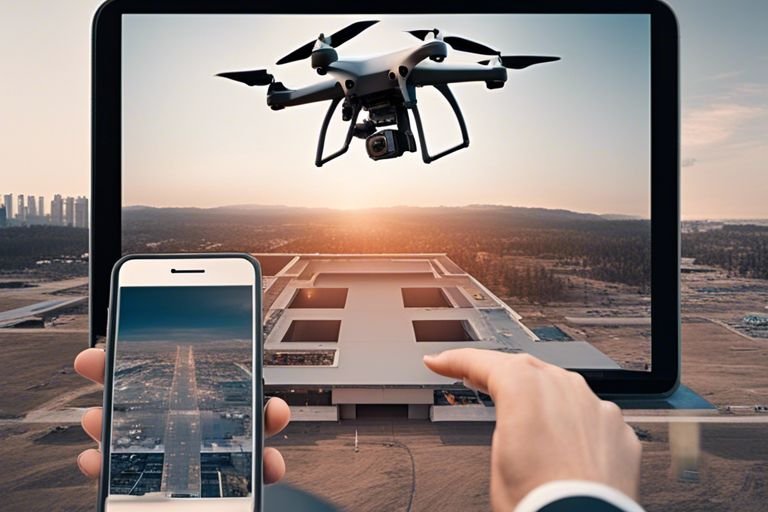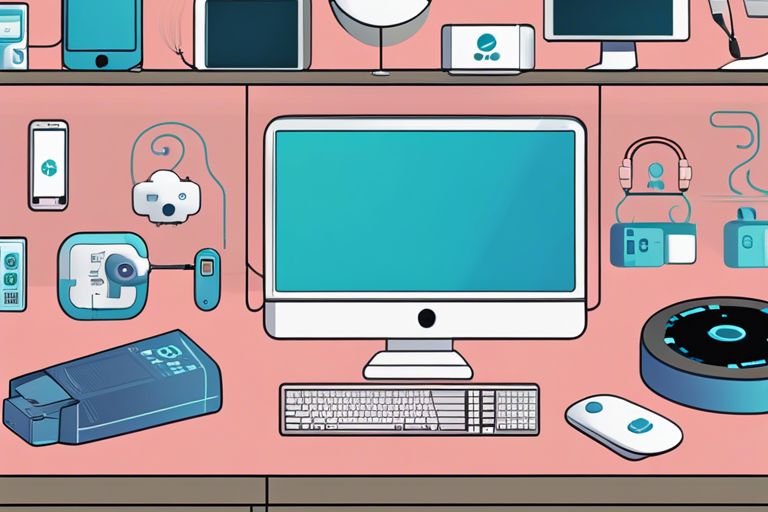What advancements are being made in AI-powered virtual assistants and chatbots?

Are you curious about the latest advancements in AI-powered virtual assistants and chatbots? As technology continues to rapidly evolve, so do the capabilities of these innovative tools. From more sophisticated natural language processing to enhanced personalization, AI-powered virtual assistants and chatbots are constantly improving to provide you with more efficient and effective interactions. In this blog post, we will explore the cutting-edge developments in this field, including the potential risks and benefits that come with these advancements. Stay tuned to discover how AI-powered virtual assistants and chatbots are shaping the future of technology and how they can impact you.
Key Takeaways:
- Improved Natural Language Processing: AI-powered virtual assistants and chatbots are increasingly able to understand and respond to natural language, making interactions with users more seamless and intuitive.
- Personalization and Context Awareness: Advancements in AI technology have allowed virtual assistants and chatbots to better understand user context and provide personalized responses and recommendations based on individual preferences and past interactions.
- Integration with Other Technologies: AI-powered virtual assistants and chatbots are being integrated with other technologies such as machine learning, big data analytics, and IoT to enhance their capabilities and provide even more value to users.

Technological Innovations
Any advancements in AI-powered virtual assistants and chatbots are heavily reliant on technological innovations in various areas. These innovations are driving the capabilities and effectiveness of virtual assistants and chatbots to new levels, making them more intelligent, responsive, and adaptable to user needs.
Natural Language Processing Enhancements
One of the key technological innovations in AI-powered virtual assistants and chatbots is the continuous enhancement of natural language processing (NLP) capabilities. This includes the ability to understand and interpret human language in a more nuanced and contextually relevant manner. Advancements in NLP are enabling virtual assistants and chatbots to have more natural and human-like conversations with you, resulting in a more seamless and engaging user experience.
Machine Learning and Predictive Analytics
Another significant technological innovation driving advancements in AI-powered virtual assistants and chatbots is the integration of machine learning algorithms and predictive analytics. This enables them to analyze vast amounts of data in real time, learn from user interactions, and anticipate your needs and preferences more accurately. As a result, virtual assistants and chatbots can provide more personalized and proactive assistance to you, enhancing their overall utility and value.
Multi-Turn Dialogue Systems
Technological advancements in multi-turn dialogue systems have also played a critical role in enhancing the conversational capabilities of virtual assistants and chatbots. These systems allow them to engage in multi-turn conversations, remember previous interactions, and maintain context throughout a conversation with you, leading to more coherent and effective communication. This advancement is particularly valuable in scenarios where you engage in more complex, multi-stage interactions with virtual assistants and chatbots.
User Experience and Interface Improvements
Keep up with the latest advancements in AI-powered virtual assistants and chatbots, the focus is increasingly on improving the user experience and interface. As these technologies become more integrated into our daily lives, it is essential to ensure that interacting with them is seamless and intuitive.
Voice Recognition and Speech Synthesis Developments
One of the key areas of advancement in AI-powered virtual assistants and chatbots is in voice recognition and speech synthesis. With improvements in natural language processing and machine learning, virtual assistants can better understand and interpret your voice commands, leading to more accurate and efficient interactions. Additionally, advancements in speech synthesis technology have made the responses from virtual assistants sound more natural and human-like, enhancing the overall user experience.
Personalization and Contextual Understanding
Another significant development in AI-powered virtual assistants and chatbots is the ability to personalize interactions and better understand contextual cues. By utilizing data analytics and machine learning, virtual assistants can learn from your interactions and tailor their responses to your specific preferences and needs. This allows for a more personalized and efficient user experience, as the virtual assistant can anticipate your needs and provide relevant information in a timely manner.
Emotional Intelligence and Tone Analysis
Advancements in emotional intelligence and tone analysis have also contributed to the improvement of virtual assistants and chatbots. These technologies enable virtual assistants to better understand your emotions and tone of voice, allowing for more empathetic and effective interactions. The ability to recognize and respond to your emotions can lead to a more personalized and supportive user experience, as the virtual assistant can adapt its tone and responses accordingly.
Application and Integration in Different Industries
Despite being relatively new, AI-powered virtual assistants and chatbots are rapidly being integrated into various industries to improve efficiency, productivity, and customer satisfaction. Let’s explore how these technologies are being utilized across different sectors.
AI in Customer Service and Support
AI-powered virtual assistants are revolutionizing customer service and support by providing immediate and personalized assistance to customers. These intelligent systems can handle a wide range of inquiries, resolve issues, and provide real-time support, improving response times and overall customer experience. By utilizing natural language processing and machine learning algorithms, AI virtual assistants can understand and respond to customer queries with a high degree of accuracy, freeing up human agents to focus on more complex tasks.
AI Assistants in Healthcare
In the healthcare industry, AI-powered virtual assistants are being used to streamline administrative tasks, manage patient data, and provide personalized care. These assistants can analyze medical records, offer clinical decision support, and even provide 24/7 patient monitoring and support. By utilizing AI technology, healthcare providers can improve operational efficiency, reduce errors, and deliver more personalized and effective care to patients.
Chatbots in Retail and E-commerce
Retailers and e-commerce businesses are leveraging chatbots to enhance customer engagement, provide personalized recommendations, and facilitate seamless transactions. These chatbots can interact with customers in real-time, provide product information, process orders, and handle customer inquiries, improving the overall shopping experience. By integrating chatbots into their platforms, businesses can increase customer satisfaction, reduce response times, and drive sales.
The Role of AI in Education and Tutoring
In the education sector, AI-powered virtual assistants and chatbots are being used to provide personalized learning experiences, assist students with homework, and provide tutoring support. These intelligent systems can adapt to individual learning styles, provide instant feedback, and offer tailored educational resources and recommendations. By integrating AI technology into education, institutions can enhance student engagement, improve learning outcomes, and provide more efficient support to both students and educators.
Future Prospects in Various Sectors
Looking ahead, the future prospects of AI-powered virtual assistants and chatbots across different industries are incredibly promising. As the technology continues to advance, we can expect to see even greater integration and utilization of these intelligent systems in sectors such as finance, logistics, hospitality, and more. The potential for automation, personalization, and efficiency gains is vast, positioning AI-powered virtual assistants and chatbots as vital components of the future workforce across diverse industries.
Challenges and Ethical Considerations
Unlike the seamless and efficient interactions that AI-powered virtual assistants and chatbots offer, there are significant challenges and ethical considerations that need to be addressed as these technologies continue to advance. These challenges raise important questions about data privacy and security, AI autonomy versus human oversight, and the potential for bias in AI systems.
Data Privacy and Security Issues
When using AI-powered virtual assistants and chatbots, your personal data is being collected and stored to improve the performance of these technologies. However, this raises concerns about the privacy and security of your information. As these systems become more sophisticated, the risk of unauthorized access to your data also increases. It’s important for companies to implement robust security measures to protect your personal information from potential breaches and misuse.
The Balancing Act: AI Autonomy vs. Human Oversight
As AI-powered virtual assistants and chatbots become more autonomous, there is a growing need for human oversight to ensure that these systems are operating ethically and responsibly. While AI can improve efficiency and provide personalized experiences, it’s essential for humans to supervise and intervene when necessary. Without this balance, there is a risk of incorrect or biased decisions being made that could negatively impact your experience.
Mitigating Bias in AI Systems
One of the most significant ethical considerations in AI-powered virtual assistants and chatbots is the potential for bias in the underlying algorithms. Bias can lead to discriminatory outcomes, affecting your interactions with these technologies. It’s important for companies to actively work on identifying and mitigating bias in their AI systems to ensure fair and equitable experiences for all users. By doing so, they can strengthen the trust and reliability of these technologies.
Advancements in AI-Powered Virtual Assistants and Chatbots
Ultimately, the advancements in AI-powered virtual assistants and chatbots are revolutionizing the way you interact with technology. From improved natural language processing and understanding to more personalized and context-aware responses, these developments are making virtual assistants and chatbots more intuitive and user-friendly. Additionally, advancements in machine learning and deep learning algorithms are enabling these AI-powered tools to continuously learn and improve, resulting in more accurate and efficient assistance for you. As a result, virtual assistants and chatbots are not only becoming more capable of handling complex tasks and inquiries, but they are also becoming more integrated into various aspects of your daily life, from customer service and healthcare to personal productivity and entertainment. With the rapid pace of advancements in AI technology, the future of virtual assistants and chatbots holds immense potential in enhancing your digital experiences and streamlining your interactions with technology.



